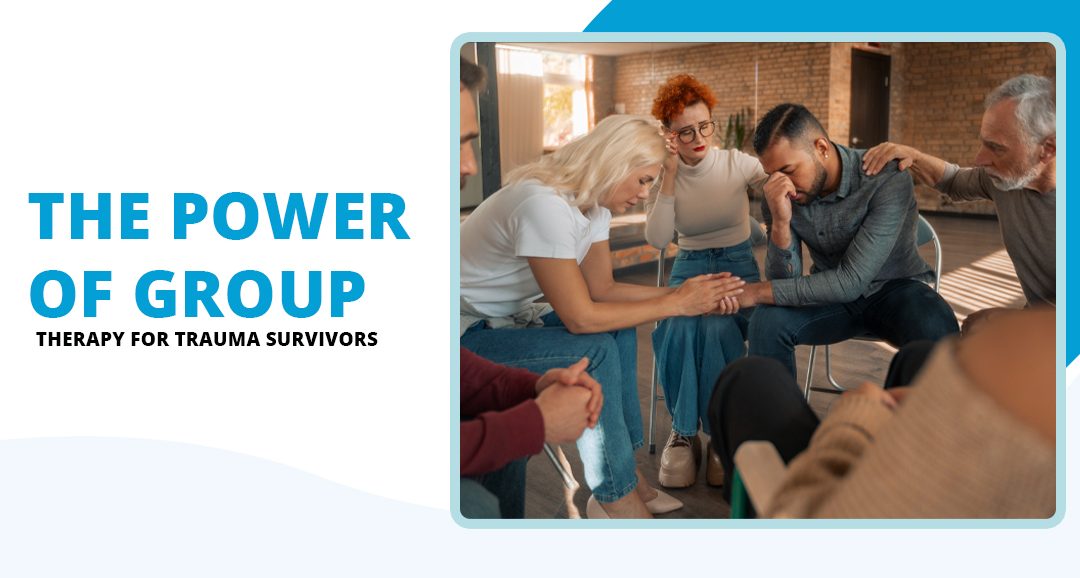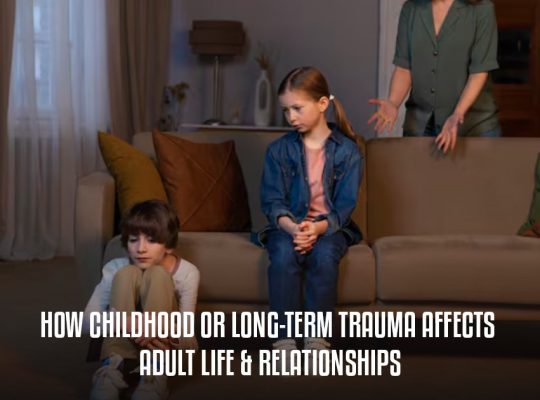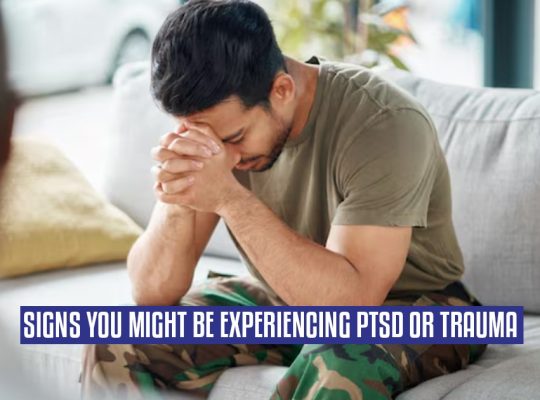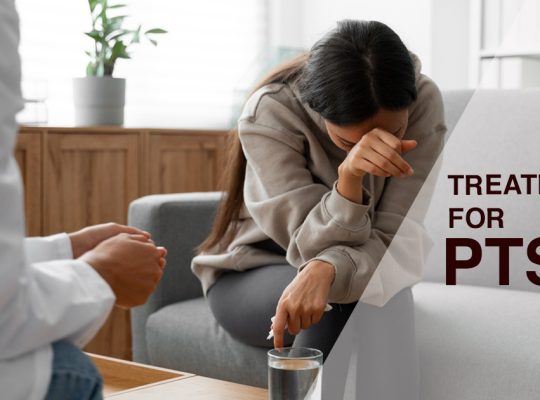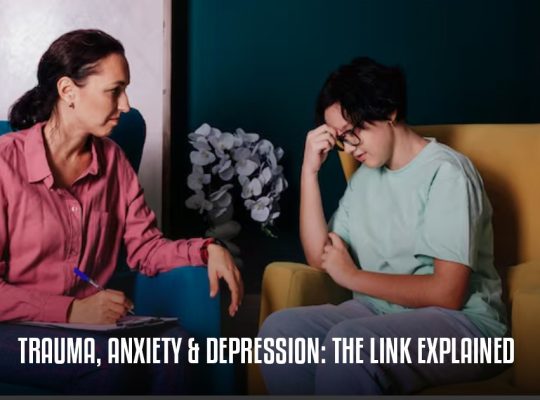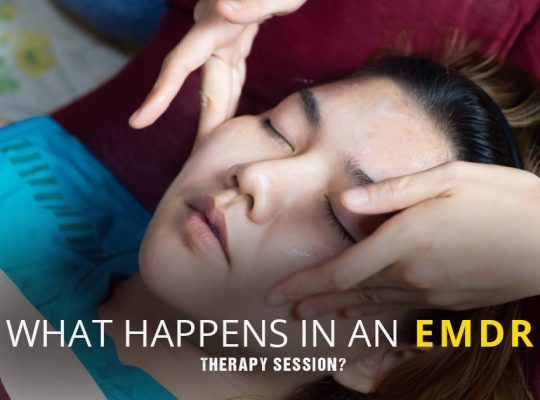Healing after trauma often feels lonely. Memories linger, emotions resurface, and it can seem like no one truly understands. But you don’t have to walk that path alone. At Austin Trauma Therapy Center (ATTC), trauma group therapy creates a space where survivors can come together, share openly, and heal alongside others who “get it.” Connection becomes the bridge to recovery.
Why Community Matters in Healing?
Trauma impacts every part of life, emotions, relationships, and even how survivors see themselves. Many ask, What is a trauma bond relationship, especially when unhealthy attachments form with those linked to their pain. Breaking those patterns takes strength, and often, it takes support. In a group setting, survivors gain clarity, encouragement, and the reassurance that they are not alone.
What Makes Group Therapy So Effective?
Group therapy for trauma is unique because it provides both professional guidance and peer support. At ATTC, therapists lead sessions that combine skill-building with heartfelt conversations. Survivors don’t just share stories, they also practice grounding tools, develop emotional regulation strategies, and receive understanding feedback from others walking similar paths.
The impact goes beyond words. Group therapy helps survivors:
- Feel validated, knowing their struggles are real and shared.
- Learn practical skills for managing flashbacks, triggers, and anxiety.
- Build supportive connections that last outside the therapy room.
- Gain fresh perspectives by hearing how others cope and heal.
Individual vs. Group Therapy
Individual therapy offers privacy and focused attention, but it doesn’t replace the sense of belonging that group therapy provides. Together, they form a powerful combination. Many clients at ATTC find that the balance of both approaches gives them strength, insight, and community.
Addressing Relationship Struggles After Trauma
Trauma doesn’t just affect individuals; it often reshapes relationships. Survivors sometimes find themselves asking, “What is a trauma bond relationship?” This type of connection often forms when intense emotional experiences, even unhealthy ones, create dependency between people.
In group sessions at ATTC, we explore how trauma affects attachment, trust, and communication. Survivors learn to recognize patterns, set boundaries, and work toward healthier connections. Talking through these struggles in a group environment can help survivors realize they’re not broken, they’re healing.
Why Austin Trauma Therapy Center?
ATTC isn’t just about therapy; it’s about building a healing community. Every group is designed to be safe, inclusive, and led with compassion. Survivors find hope here, not only from professional guidance but also from the collective resilience of peers who are learning to thrive again.
Take The First Step Today
Healing doesn’t happen overnight, and it doesn’t happen in isolation. At Austin Trauma Therapy Center, trauma group therapy gives survivors the tools, support, and community they need to move forward. You’ve carried your pain long enough; it’s time to let others walk beside you.
Contact Austin Trauma Therapy Center and discover how healing together can help you reclaim your strength and your future.
FAQs
1. What happens in a group therapy session for trauma?
Sessions include guided discussions, coping strategies, and safe sharing. You choose how much to share.
2. How does group therapy differ from one-on-one therapy?
Individual therapy provides privacy, while group therapy offers community. Many benefit from doing both.
3. Can group therapy help with trauma bond relationships?
Yes. It provides tools and peer support to help survivors break free from unhealthy attachments.
4. Is everything in group therapy confidential?
Absolutely. Every member commits to maintaining a safe and private space.
5. Who can join group therapy at ATTC?
Any trauma survivor seeking connection, growth, and support is welcome.

